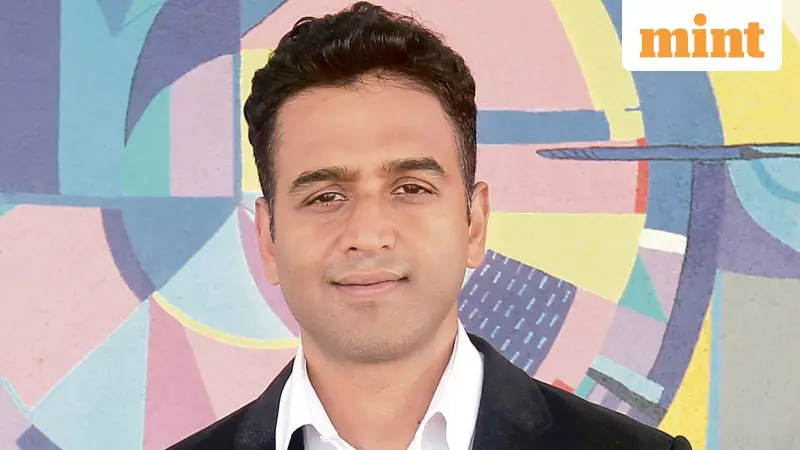
US Brokerage Fees Exposed: Robinhood's $150 Million Withdrawal Revenue
Zerodha co-founder Nithin Kamath has sparked a significant discussion about the stark differences between Indian and American brokerage practices, particularly concerning instant withdrawal charges. On Tuesday, the prominent fintech entrepreneur revealed through a social media post how United States-based brokerage firms generate substantial revenue from processing instant client withdrawals, a service that remains completely free in India thanks to the Unified Payments Interface (UPI) system.
The Robinhood Revenue Model: $150 Million from Instant Withdrawals
In his detailed analysis, Kamath highlighted that Robinhood Markets Inc. is projected to generate approximately $150 million in revenue solely from fees charged for processing instant client withdrawals. To put this in Indian context, this translates to a staggering ₹1,300 crores in annual revenue from just one ancillary service.
What makes this revenue stream particularly remarkable is the profit margin. Kamath explained that Robinhood's cost to process these instant withdrawals ranges between $35-40 million, leaving the company with a clean $100 million profit directly contributing to their bottom line. This revelation underscores how dramatically different the financial ecosystem operates in Western markets compared to India.
The Zerodha co-founder expressed particular surprise at the fee structure itself, noting that US investors pay 1.75% as charges for instant withdrawals, with minimum fees starting at $1 per transaction and potentially reaching as high as $150 for larger transfers.
India's Financial Ecosystem: UPI's Game-Changing Impact
Kamath drew sharp contrasts between the American system and India's digital payment infrastructure, specifically praising the Unified Payments Interface (UPI) that enables instant, cost-free transactions for Indian users. He emphasized that while US investors pay significant percentages for instant access to their funds, Zerodha clients enjoy completely free deposits and instant withdrawals thanks to India's robust digital payment framework.
"For comparison, we don't charge Zerodha clients for deposits (thanks to UPI) or instant withdrawals. We've processed over ₹50,000 crores in instant withdrawals in less than 2 years, at zero cost," Kamath stated, highlighting the transformative impact of India's digital public infrastructure.
The Zerodha CEO didn't mince words about his assessment of the American banking system, stating: "I'm still shocked that people pay 1.75% on an instant withdrawal transaction. This really shows how broken the US banking system is. Even in 2025, there's still no full-fledged instant payments system like UPI — most fund transfers take a couple of days."
The Indian Startup Dilemma: Revenue Challenges Beyond Core Services
Kamath's observations extended beyond mere comparison to touch upon a fundamental challenge facing Indian startups: the difficulty of generating substantial revenue from non-core products and services. He noted that while American customers readily pay for add-on services, Indian consumers remain reluctant to open their wallets for supplementary offerings.
"As an Indian startup with some scale, founders dream of generating revenue like this from non-core products. Hence the rush to introduce everything: loans, insurance, payments, and other financial services," Kamath explained, describing the current trend among Indian fintech companies desperately seeking additional revenue streams.
However, he added a sobering reality check: "But nothing really works outside the core offering. It just shows how far behind India is compared to the US when it comes to customers willing to pay for add-ons." This insight reveals a crucial difference in consumer behavior between the two markets that significantly impacts business models and revenue potential.
Kamath's analysis also indicated that Robinhood isn't alone in this practice, with other major US brokerage firms like Charles Schwab and Fidelity similarly charging customers for instant withdrawal services. This establishes a clear pattern in Western financial markets where convenience comes at a premium price, contrasting sharply with India's democratized access to instant financial services through UPI.






